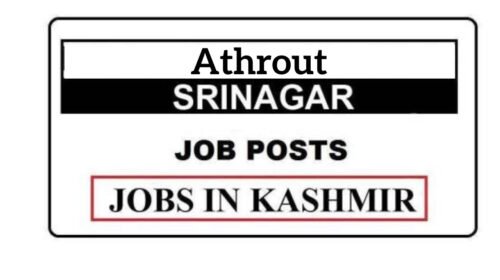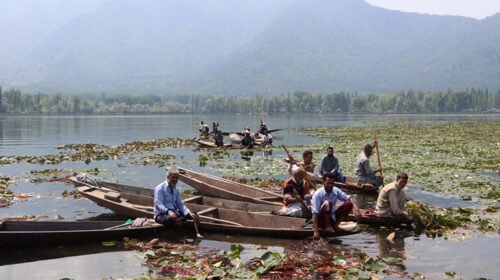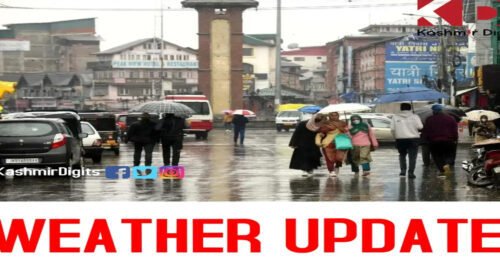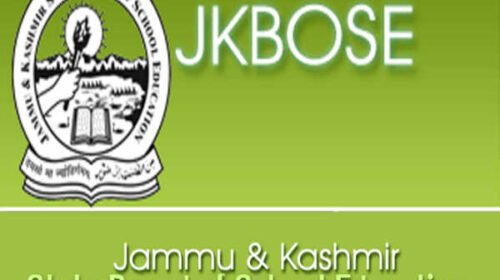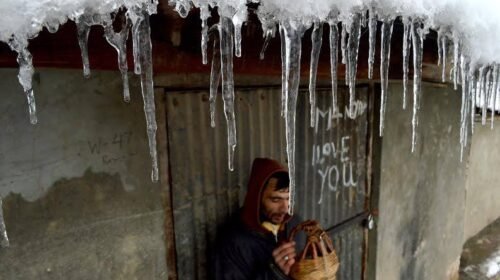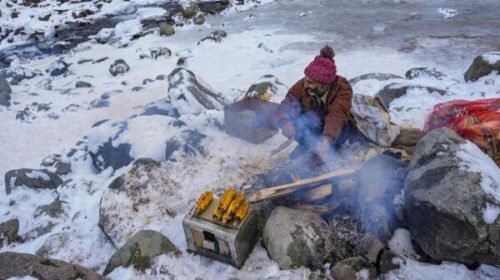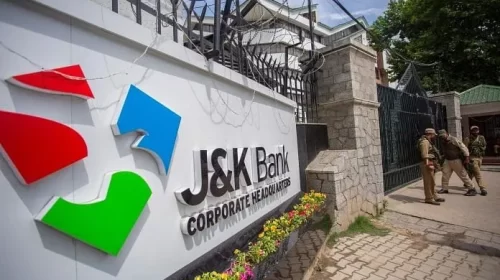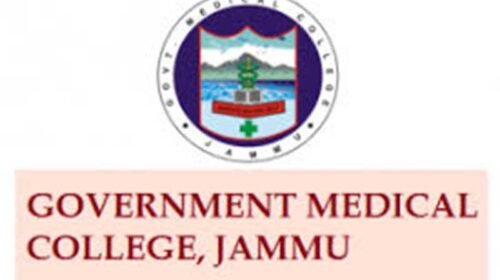The United Nations (UN) Human Rights official has responded to India’s stance on comments made by the body on India’s use of the Unlawful Activities (Prevention) Act (UAPA) as ‘worrying’ as well as “frequent” temporary communication blackouts in Jammu and Kashmir.
Craig Mokhiber, director of the New York office of the UN’s High Commissioner for Human Rights told NDTV on Thursday, “We will never side with India or Pakistan on Kashmir. But our job is to protect the vulnerable and take the perspective of the victim.”
India had recently said that the UN High Commissioner for Human Rights, Michelle Bachelet’s comments on the circumstances in Kashmir are “unwarranted and do not reflect the ground reality.”
Mr Mokhiber told NDTV, “There’s an old notion of sovereignty that has been replaced by the evolution of the UN. The old notion of sovereignty is that ‘anything that happens within our borders it is up to the government and it’s no one else’s business’. What the UN Charter did is that you have a binding treaty, a binding law for every country that is a member of the UN. What the UN Charter did was that it internationalized human rights for all of the members of the UN.”
He said Kashmir is a difficult issue because of the tensions between India and Pakistan and the roles that each of the nations play in the international community.
UN Will Protect The Vulnerable
Mr Mokhiber said the UN Human Right Office “will always protect the identity of vulnerable witnesses and victims everywhere”.
He said, “When we insert ourselves into a country’s current situation, we don’t want to make the lives of people worse.
We hopefully want to make it better but everything that we’ve done…we do it in full consultation with the governments that are involved sometimes.
It is the governments that don’t want to cooperate with us. But we are always bending over backwards to cooperate with them.”

